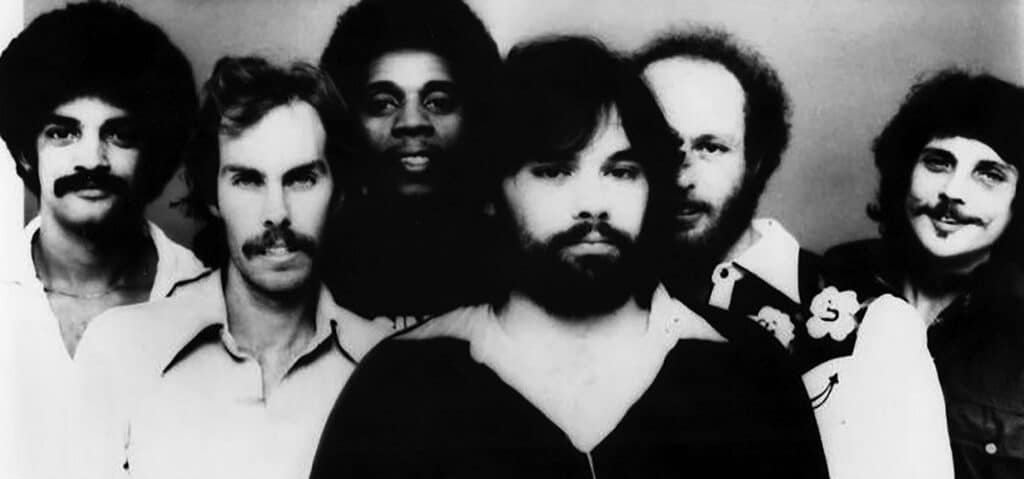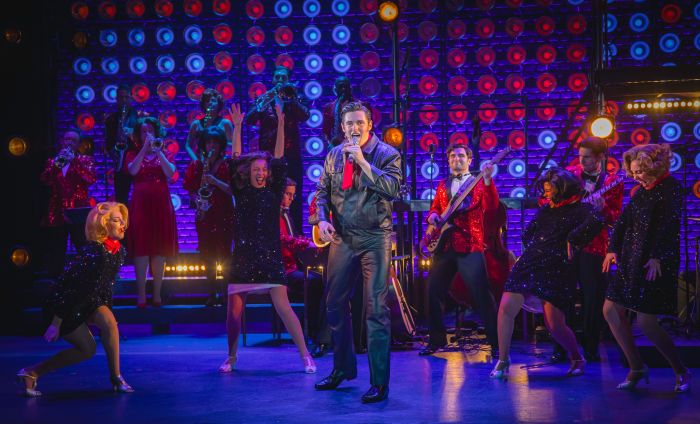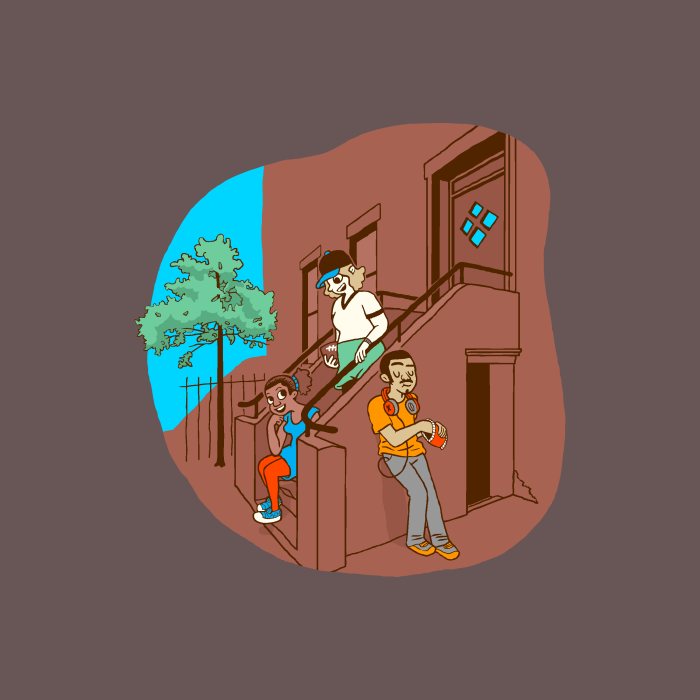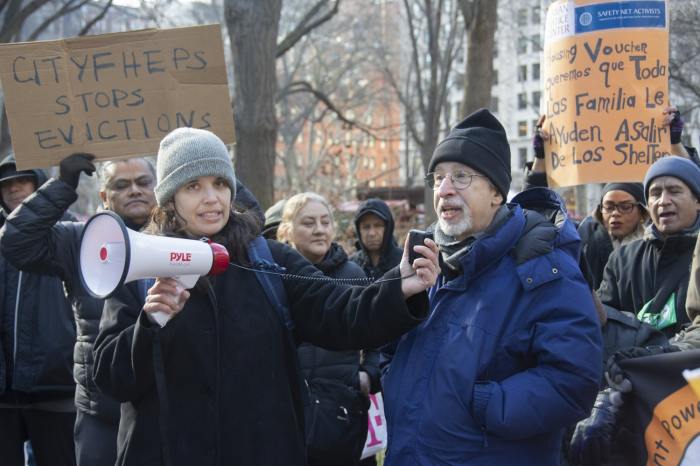Bill Payne is a name that may not be readily recognizable, but the argument can be made that most people have heard the native Texan’s piano/keyboardist contributions whether they realized it or not. In addition to co-founding Little Feat back in 1969, Payne has a hefty amount of guest appearances on hundreds of recordings for myriad artists including Bonnie Raitt, The Doobie Brothers, Jackson Browne, Emmylou Harris, Pink Floyd, Bob Seger and Shelby Lynne.

(Photo by Bryan Ledgard/ CC BY 2.0)
Considered by many to be one of the greatest living American rock and blues pianists, Payne calls Montana home when he’s not out on the road playing with Little Feat. With pandemic numbers plummeting and live music coming back to some sense of normalcy, the 73-year-old musician has been playing before fans since June 2021. The coronavirus not only forced Payne to re-adjust and learn how to play virtually with others, but also do it while welcoming a pair of new members to the band—guitarist Scott Sharrard and drummer Tony Leone.
“I learned how to record at my home, which is ridiculous,” Payne said. “It’s something I didn’t know how to do before. I sort of took each challenge as it were and started getting the buzz out of my system here in Montana. I just took the challenges one at a time and went down the list one at a time. I [recorded virtually] not only with Little Feat but with the Doobie Brothers. We did some on-line things together as well. That defined a lot of time. It took a little while for me to learn the curve of how to record, but once [I got past that], it was solid and great way to do things.”
With Sharrard welcomed into the Feat Fold in October 2019 and Leone coming aboard in September 2020, Payne views it as the price of keeping a group going that was founded back in 1969 along with Roy Estrada, Lowell George and Richie Hayward. Over the band’s five-decade-plus existence, major personnel changes have been a Little Feat constant, ranging from George’s departure in 1979 and the recruitment of former Pure Prairie League vocalist Craig Fuller to front the reunited band in 1987 to having Shaun Murphy take the baton from Fuller in 1993 until her departure in 2009. And while there could be considerable concern over fan reactions, Payne looks at it as normal evolution that doesn’t become a concern as long as a group stays faithful to its spirit.
“Every inch of the way—when we went from a group of four people which was Roy Estrada, Lowell George, Richie Hayward and myself—and then expanded it on Dixie Chicken to Paul Barrere, Kenny Gradney and Sam Clayton—people wanted to know what that was,” he explained. “The band from the get-go was designed by Lowell and myself to be expandable. We just wanted to have a vehicle of expression that would allow for whatever we needed at the time to support the music. It was a pretty simple proposition. It’s tougher to sometimes pull off because there’s a certain balance to it with fans. Fans, like all of us, want continuity. When you think of continuity and a line-up of songs—when we did Let It Roll—Lowell wasn’t there [so fans might have been asking] what is that? My response was, ‘You tell me. Does it resonate with you or not? If you say, ‘Oh my God, it sounds like Little Feat. Thanks for putting it back together,’ then you know you’re on the right track.”
 Up until recently, Little Feat’s last tour leg was dubbed “Little Feat By Request,” which featured fans filing different song requests (“that was quite a challenge because we hadn’t played a lot of those songs in a long time”), The current pivot is an anniversary tour celebrating the 1978 live outing Waiting For Columbus, in which the band plays the double-album’s 17-song track listing, an accomplishment that has been well received by fans.
Up until recently, Little Feat’s last tour leg was dubbed “Little Feat By Request,” which featured fans filing different song requests (“that was quite a challenge because we hadn’t played a lot of those songs in a long time”), The current pivot is an anniversary tour celebrating the 1978 live outing Waiting For Columbus, in which the band plays the double-album’s 17-song track listing, an accomplishment that has been well received by fans.
“We did two nights at the Ryman Auditorium. We’re filming that, so there were a bunch of guests for those two shows [including Eric Church, Bettye LaVette and Widespread Panic’s JoJo Herman],” Payne said. “Quite frankly, I think [this tour] was a ballsy way to do it. You take your most famous and most revered of all those albums and play it in its entirety. It’s going to sound a lot like Little Feat, because that’s who we are. I felt very confident that we would do what we were supposed to do, based on the [remote] recordings we’ve been doing. We’re always going to have horns as well. They’ve played on a couple of things with us including ‘Fat Man in a Bathtub.’”
The roots for Payne’s musicianship date back to his mother perching him on her knee in front of the family’s old stand-up piano in the basement of the family’s Ventura, CA home and teaching her young son how to play “Vaya Con Dios.” Classical piano lessons with local teacher Ruth Newman followed when Payne was five, an experience he was grateful to have gone through.
“In my head, I brought along a song I’d been working on—it was ‘The Ballad of Davy Crockett,’” Payne recalled “I played it for her and she played me some music, which was flat-out gorgeous. She said we’d start our next lesson the following week and she’d write that song out for me that I just played for her—which she did. I still have it. Ruth Newman told my mother pretty early on that she’d make sure I knew how to read music and how to play by ear as well because she didn’t want to take the magic out of it for me. She was the best teacher I could have ever had.”

The path Newman got Payne started out has served him well, both in and out of Little Feat. It’s not only been a North Star for his musical development, but helped him in the hundreds of recording sessions he’s been asked to be a part of.
“The journey has been really interesting, personally and certainly with Little Feat,” he said. “But I’ve always been able to play with other bands and it always gave me a loose attitude about what makes up a band. A band is not Bob Seger and the Silver Bullet Band. They’ve got that, but they don’t all write music with each other either. Bob will say they’re going to do this or that and that’s what they do. Lowell George rarely did that with us. We were more like The Beatles or The Rolling Stones. You walk in with an idea for people and maybe they say, ‘Eh, that’s okay.’ Or you play it whether you want to or not, which is what I said when I walked through the door with ‘Oh, Atlanta.’ It wasn’t like, ‘Can we do this?’ It was, ‘We’re doing this.’ It wasn’t just me. Other people had walked in with stuff and we tried. Not everything we played would make it. It’s a band. Certain people go to the nth degree and everyone has got an equal voice. I don’t think an equal voice is what it’s all about.”
Visit www.billpaynecreative.com to learn more about Bill Payne.
































